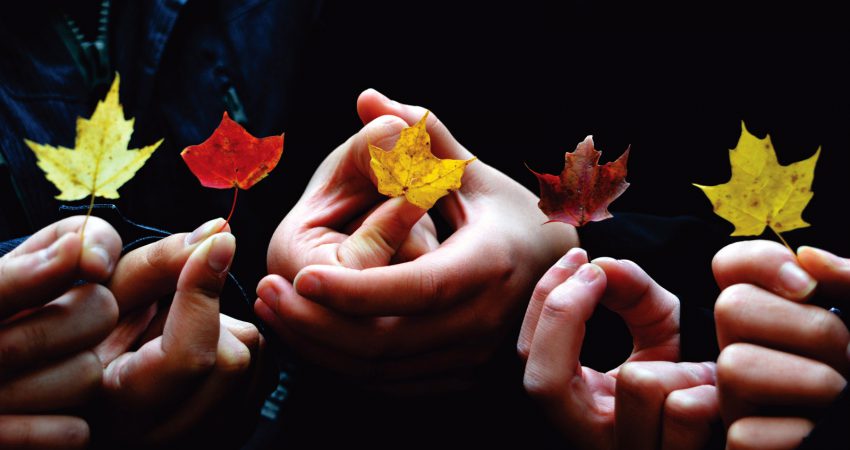
By Heather King - February 2014
PAPER CITATION
Bricker, L. A., Reeve, S., & Bell, P. (2014). ‘She has to drink blood of the snake’: Culture and prior knowledge in science/health education. International Journal of Science Education, 36(9). 1457 – 1475.
This paper’s findings illustrate the claim that young people’s prior knowledge cannot be separated from the cultural context in which it is situated. The authors argue that, if we wish to increase engagement in science education, we must attend to youths’ out-of-school experiences in their homes and communities. Such experiences shape the understandings and practices that young people use at any given moment.
Research Design
The data presented in this paper come from an ethnography of how 13 upper elementary and middle school students encountered science and technology in their everyday lives. For three years, the researchers conducted frequent interviews with these 13 participants and observed them in various settings. This paper aims to demonstrate that prior knowledge about health is multidimensional; it comes from personal, academic, family, and cultural contexts.
Findings
Two case studies are discussed in detail. The experiences of “Luke” illustrate the ways in which his beliefs about animal-based medicines that are traditional in his family and culture are intertwined with an environmental narrative learned at school. Interviews with “Biqila” similarly present a non-Western cultural understanding of health mixed with explanations from more Western interpretations of biology.
Theoretical Basis
The authors’ conception of prior knowledge builds on Banks and colleagues’ (2007) description of learning as:
- Lifelong: Learning takes place over time.
- Life-wide: Learning occurs across settings.
- Life deep: Learning is shaped by an individual’s various religious, social, and moral values.
Bricker, Reeve, and Bell also build on the work of Chrisman and Kleinman (1983), who noted that a large proportion of health care takes outside the professional or organized sector of knowledge representing the Western medical tradition. A great deal of health care, even in modern Western societies, takes place at home and involves family remedies and folk traditions. By defining the boundaries of health education based solely on professional knowledge, educators risk ignoring the lifelong, life-wide, and life-deep nature of learning.
Implications for Practice
The case studies remind us of the need to understand a learner’s prior knowledge — in all its cultural richness and diversity — when we seek to teach about scientific knowledge and practice. Teaching science lessons in isolation fails to acknowledge that learning is life-wide and life-deep and that learners’ cultures will inevitably be part of their meaning-making processes. Furthermore, this research reminds us that purely cognitive conceptions of knowledge exclude social and cultural perceptions that also contribute to learning.
The authors argue that helping young people to see the benefits and constraints of scientific ways of knowing and to engage with science issues relevant to their own lives requires first understanding their existing notions. Schreiner and Sjøberg (2004) describe this stance as meeting young people “at their premises.”
The implication here is clear: If we ignore young people’s cultural learning outside of school, instructional efforts that regard prior knowledge as purely cognitive will not meet with much success in helping learners make sense of new content.
References
Banks, J. A., Au, K. H., Ball, A. F., Bell, P., Gordon, E. W., Gutiérrez, K. D., ... & Zhou, M. (2007). Learning in and out of school in diverse environments: Life-long, life-wide, life-deep. Seattle, WA: Learning in Informal and Formal Environments Center & Center for Multicultural Education, University of Washington.
Chrisman, N. J., & Kleinman, A. (1983). Popular health care, social networks, and cultural meanings: The orientation of medical anthropology. In D. Mechanic (Ed.), Health, healthcare, and the health professions (pp. 569 – 590). New York, NY: MacmIllan.
Schreiner, C., & Sjøberg, S. (2004). Sowing the seeds of ROSE: Background, rationale, questionnaire development and data collection for ROSE (The Relevance of Science Education)— A comparative study of students’ views of science and science education. Oslo, NO: Unipub AS.




